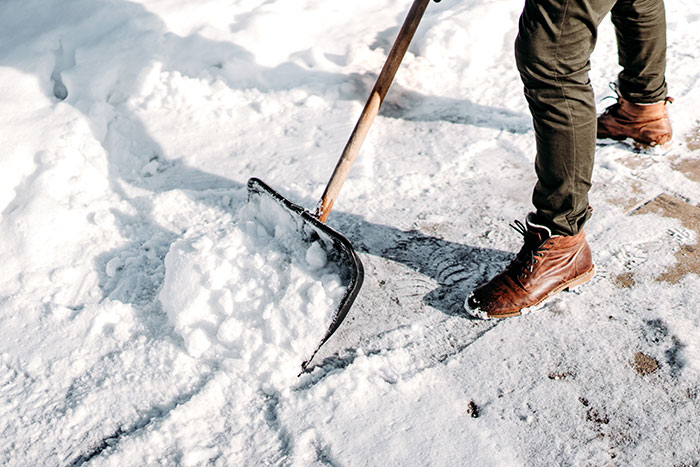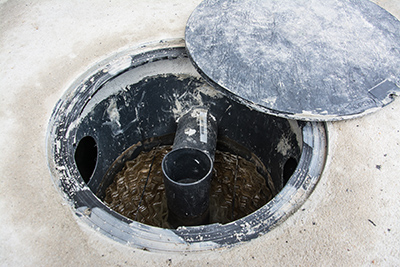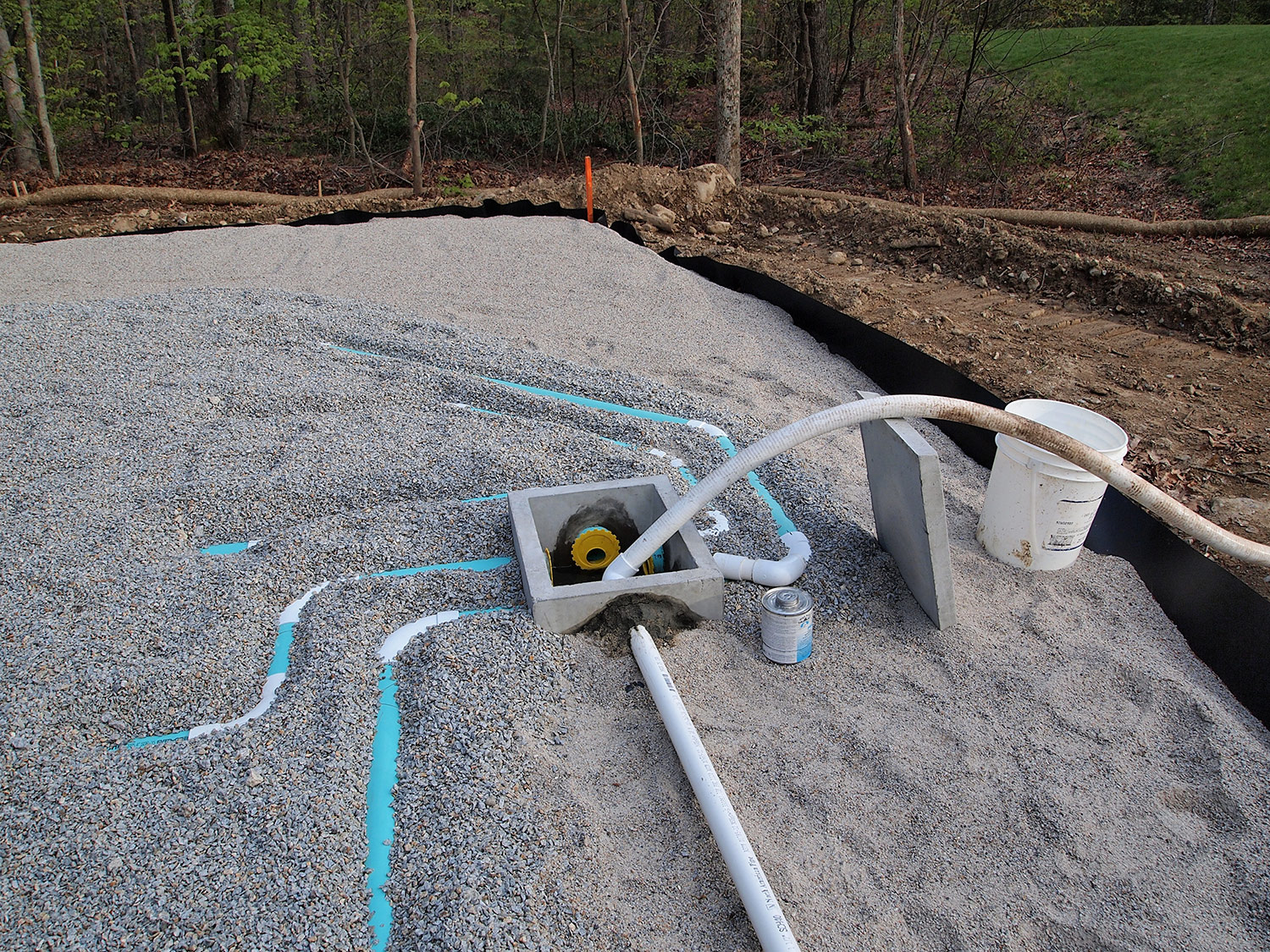
A snow plow service, like many things in life, is often assumed more expensive than it really is. A big snow storm can often have you regretting you have not hired a snow plow service.
When you consider all the risk that is mitigated by hiring a professional to remove snow, you may even see the investment not only saves you head and back aches, but money as well.
There are many benefits to engaging a snow removal service:
Safety
Business – Keep your employees and patrons safe from slip and fall type accidents. Not only is it the right thing to do, but it protects you from costly litigation. You will also save time and money avoiding absent and injured employees.
Personal – If you have young children or care for an elderly family member, a clear pathway from the vehicle to the entryway of your home is essential to their safety.
Protect Your Investment
Did you know that different types of snow plow blades are more effective than others? If an old, dull plow edge of inferior quality is used, it can damage the asphalt in your parking lot or driveway. Hiring someone who knows all things snow plow is your best bet.
Avoid Fines
Many communities have ordinances requiring both business and residential sidewalks to be clear at all times. This can be hard to keep up with on your own with other full-time commitments.
Sleep
This one is easy to get behind… You get to stay in bed! Let someone else be responsible to greet the new day while they brave the cold. Start your day right with the routine that makes you most effective, without a flash snowfall putting a kink in your style.
You may find once you interview service providers that there is flexibility of seasonal packages and hiring help on an as-needed basis.
For more information, contact Morse Engineering and Construction.
Source: getassist.com


